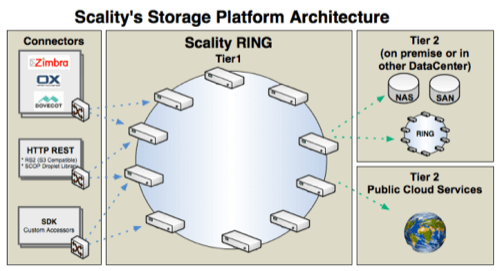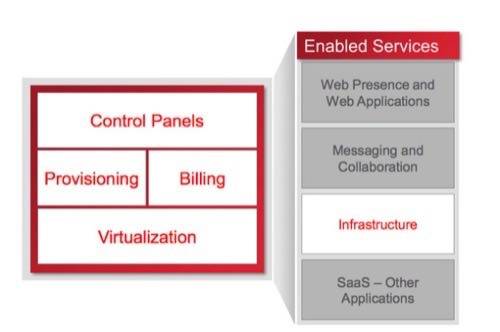Object-based storage is gaining in popularity and is increasingly viewed as a core requirement for multi-tenant infrastructures. Its strength is in its capability to handle unstructured data, which is far more prevalent these days than structured data.

Amazon Web Services and Rackspace offer object-based storage. But outside the narrow field of massive infrastructure plays, there is a growing space for services that hosting providers integrate into their own environments so they may compete more effectively in the market.
Scality is an emerging hot company in the cloud-based storage space. Today it announced a $7 million “B” round. The money will go to opening a sales and service office in New York and the extension of its core services for data center environments.
I had a brief introduction to Scality last week, and what I saw impressed me. I am now more intrigued by the hosting market as it adopts technologies such as Parallels Automation and the Scality object-storage.
Scality and Parallels are partners in servicing the hosting market. Scality offers what it calls a RING. It’s an application centric cloud storage system. It turns commodity x86 server hardware and Ethernet LANs into cloud storage.

Parallels provides a service that can turn a data center into an infrastructure environment. It’s a modular system with APIs for application integration and billing services. I spoke to several people at the Parallels Summit who were integrating the technology for their hosting services.

Scality and Parallels have a common interest in serving the hosting market. They fit into a fast growing market space. They are enablers. They offer cloud-based storage and application environments that can transform how hosting services operate.
That’s a potent combination for hosting providers as they help small businesses start making their own transitions to the cloud.

















